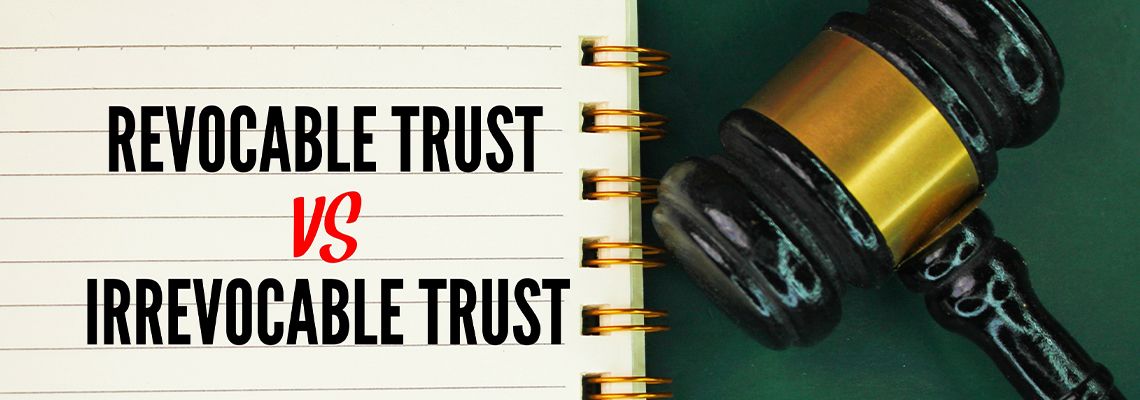Creating a trust fund is a smart estate planning decision for individuals and families in Los Angeles, California. But the real value of a trust doesn't come from just drafting the documents—it comes from proper trust funding. If assets aren't correctly transferred into the trust, the plan may fall apart when it matters most.
Blog
What Powers Should POAs Include?
When it comes to estate planning, one of the most powerful and practical tools at your disposal is the Power of Attorney (POA). A well-drafted POA can make sure that your affairs are managed smoothly if you become incapacitated or simply unavailable. But not all POAs are created equal, and not all of them include the right powers.
Determination of Heirship Procedures
When a person passes away without an estate plan in place, the question of who will inherit their assets becomes a legal concern. The process for determining who the heirs are and how their inheritance is distributed is known as "determination of heirship." In California, this process is governed by probate law and requires legal procedures to establish who the rightful heirs are.
Essential Elements of Advance Directives
Planning for the future with the Law Office of Rodney Gould involves making critical decisions about healthcare, finances, and personal well-being, making sure that personal preferences are honored even in unforeseen circumstances.
Elder Financial Abuse Prevention Strategies
Elder financial abuse is a serious issue in California, a state that has a significant elderly population. Financial abuse refers to the illegal or improper use of an elder’s resources, often by someone they trust.
What Makes Trust Administration Efficient?
Trust administration in California involves significant responsibilities and requires a clear understanding of both legal requirements and the intentions behind the trust. When handled properly, trust administration can facilitate the smooth management and distribution of assets while honoring the wishes of the trust creator, or settlor.
Navigating DMV Administrative Hearings
Whether you're facing a suspension due to an accumulation of points, a DUI charge, or another driving infraction, understanding the DMV process and your legal rights is key to achieving a favorable outcome.
How Can I Secure Fair Heirship Distribution in My Estate?
When it comes to estate planning, making sure that heirs receive fair and equitable distributions of your assets is a critical goal. Proper planning can help prevent disputes among family members and make sure that your final wishes are respected.
Key Differences Between Revocable and Irrevocable Trusts
Trusts are essential tools for estate planning, offering flexibility, privacy, and control over the distribution of assets. The two main types of trusts are revocable and irrevocable, each with distinct features that serve different purposes.
Frequently Asked Questions About Estate Planning
Estate planning is an essential process that confirms your assets are distributed according to your wishes after your death, and it helps protect your loved ones from potential legal and financial difficulties.










